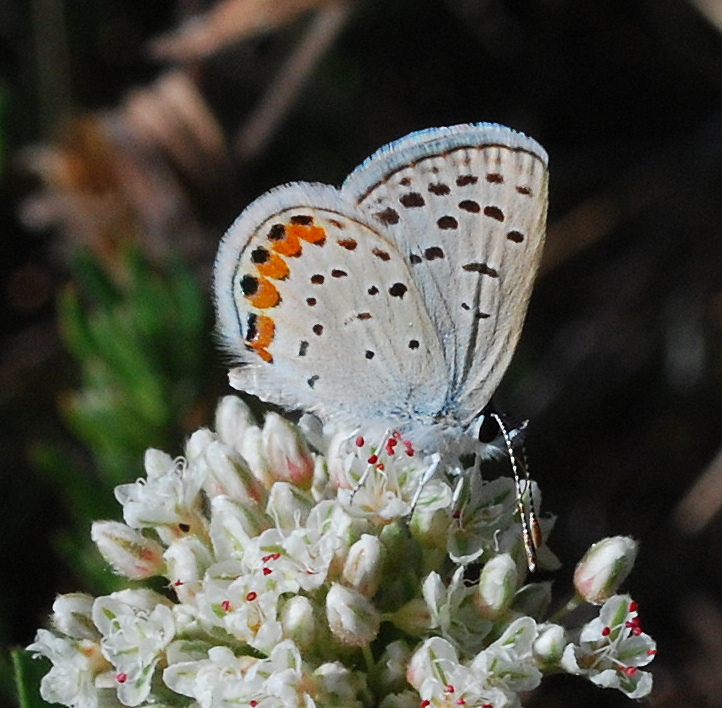The man of science, like the man of letters, is too apt to view mankind only in the abstract, selecting in his consideration only a single side of our complex and many-sided being.
Where Writing Historical Novels Can Get You Thrown Into Prison For Life
Yes, there are a number of countries where this is the case. But one that has an ongoing history of jailing its most famous writers, even as it claims to be an elective democracy is Turkey, where Ahmet Altan is now living in a 13-foot-long cell in Europe’s largest prison complex. Fellow novelist Kaya Genç (himself free, at least for now) looks at Altan’s case and at his magnum opus, the Ottoman Quartet, whose last volume, if it’s written at all, will come from behind bars. – The New Republic
The genius of Schubert’s syphilitic years was to draw the listener into his melancholy world, all the while pointing to an unattainable beauty ... Genius of Schubert
"To find humor in death isn’t to degrade or deny the sanctity of human life, but rather to grapple with its finite nature
Move over Alexander Hamilton; Jesus Christ of Nazareth is still in the spotlight, thanks to a video created by Aussie entertainer and children’s author, Simon Camilleri.

We Eat Ourselves To Change (?)

Leon Wieseltier: “Everything will be different: this is a ubiquitous sentiment. In all our upheavals — social and epidemiological — so much seems to be wrong and so much seems to be slipping away that one may be forgiven for enjoying a fantasy of total change. All these horrors, all these outrages, all these marches, and the world stays the same? So the first thing that needs to be said in the effort to keep our heads is that everything never changes.” – Liberties Journal
I didn't think 'lonely' could apply to me. I was wrong
Loneliness a very discrete issue: something many feel but few admit to. Some may not even realise that’s what they were feeling – even fleetingly.
2020 – A Year Of Ideas

In a year that felt like it changed everything, people also began contemplating how we might rebuild differently, with new ideas about how to fix the climate crisis, how we work, and how we live. – Fast Company
Hollywood Owes A Lot To Theatre. Should It Find Ways To Give Back?
If Hollywood is going to continue reaping the creative benefits of the theater — the actors’ training, the ambitious storytelling, the characters fleshed out over countless rewrites — it bears an obligation, artistic and moral, to assist the theater in its time of need. – Los Angeles Times
Science Daily -Biological diversity evokes happiness – “A high biodiversity in our vicinity is as important for life satisfaction as our income, scientists found. All across Europe, the individual enjoyment of life correlates with the number of surrounding bird species. An additional 10% of bird species therefore increases the Europeans’ life satisfaction as much as a comparable increase in income. Nature conservation thus constitutes an investment in human well-being. Under the current pandemic conditions, activities out in nature are a popular pastime. The beneficial effects of a diverse nature on people’s mental health have already been documented by studies on a smaller scale. Scientists of the Senckenberg Gesellschaft für Naturforschung, the iDiv, and the University of Kiel now examined for the first time whether a diverse nature also increases human well-being on a Europe- wide scale. To this end, the researchers used the data from the “2012 European quality of Life Survey” to study the connection between the species diversity in their surroundings and the life satisfaction in more than 26,000 adults from 26 European countries. Species diversity was measured based on the diversity of avian species, as documented in the European breeding bird atlas.
Europeans are particularly satisfied with their lives if their immediate surroundings host a high species diversity,” explains the study’s lead author, Joel Methorst, a doctoral researcher at the Senckenberg Biodiversity and Climate Research Centre, the iDiv, and the Goethe University in Frankfurt. “According to our findings, the happiest Europeans are those who can experience numerous different bird species in their daily life, or who live in near-natural surroundings that are home to many species.” “We also examined the socio-economic data of the people that were surveyed, and, much to our surprise, we found that avian diversity is as important for their life satisfaction as is their income,” explains Prof. Dr. Katrin Böhning-Gaese, director of the Senckenberg Biodiversity and Climate Research Centre, professor at the Goethe University in Frankfurt am Main, and member of the iDiv. This result becomes particularly obvious when both values increase by ten percent. Fourteen additional bird species in the vicinity raise the level of life satisfaction at least as much as an extra 124 Euros per month in the household account, based on an average income of 1,237 Euro per month in Europe…”
- Story Source: Materials provided by German Centre for Integrative Biodiversity Research (iDiv) Halle-Jena-Leipzig.
- Journal Reference: Joel Methorst, Katrin Rehdanz, Thomas Mueller, Bernd Hansjürgens, Aletta Bonn, Katrin Böhning-Gaese. The importance of species diversity for human well-being in Europe. Ecological Economics, 2020; 106917 DOI: 10.1016/j.ecolecon.2020.106917



